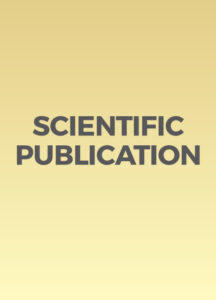Recently, social tipping dynamics relevant to sustainability have become the subject of a growing literature. Numerous publications seek to bring the concept of tipping (back) from the natural to the social system and make important contributions to its conceptualization, definition, and constant refinement. Yet, and despite its wide array, the current literature has a blind spot: it does neither adequately integrate, conceptualize, nor measure the role of the political sphere and thus underestimates its importance for social tipping processes. This is the starting point of our contribution, which not only emphasizes the political dimension’s relevance to the analysis of social tipping, but also proposes two main ways to integrate it into such analyses: by conceptualizing the political sphere either as a trigger of social tipping, or as an element that can tip itself. Moreover, to capture the complexity of the political sphere, namely the interaction between networks, actors, and processes, we suggest analysing the political sphere along its three elements: polity, politics, and policy. We illustrate the empirical benefit of these refinements by presenting a comparative case study of the nuclear phase-out in Germany and Switzerland.














